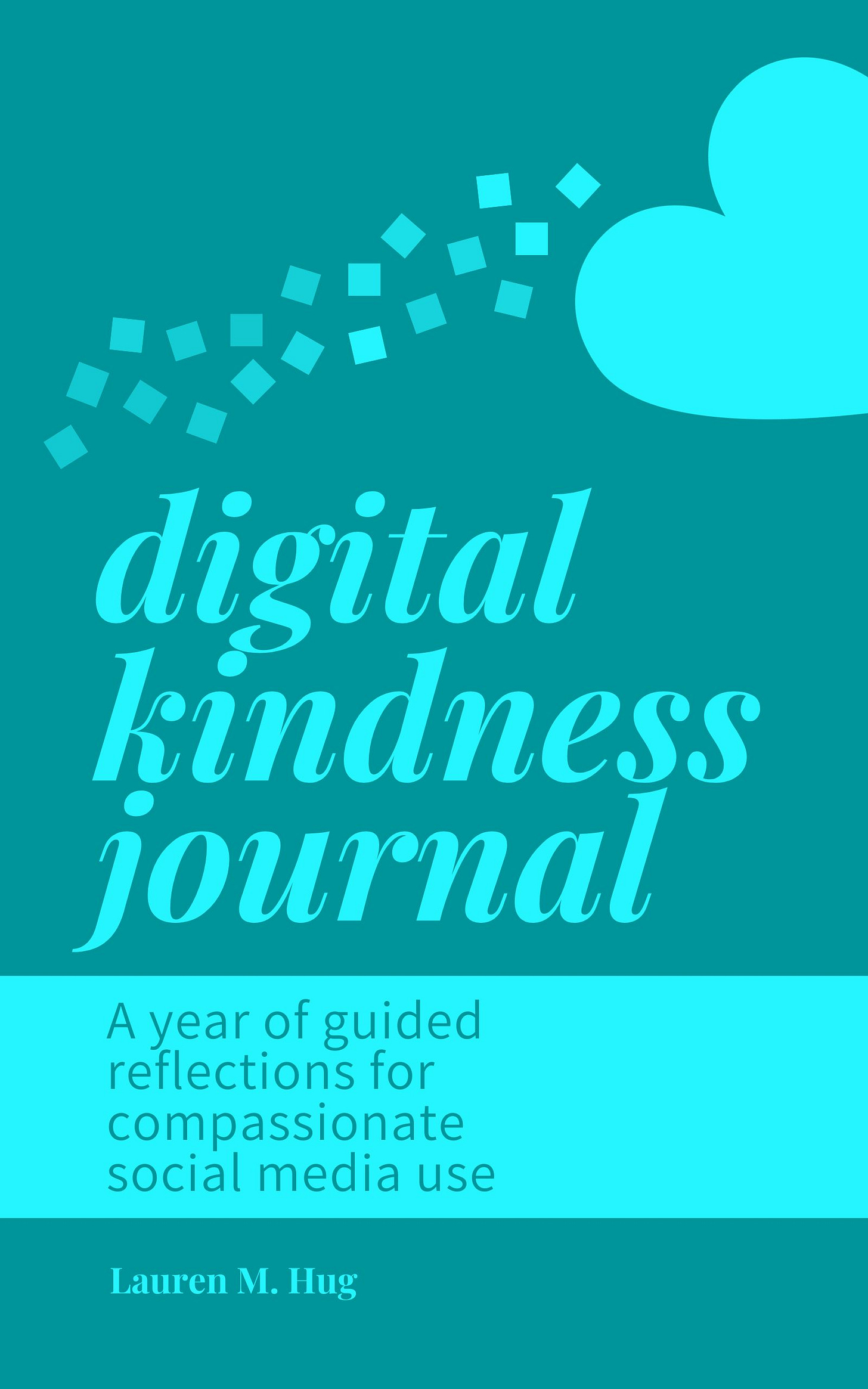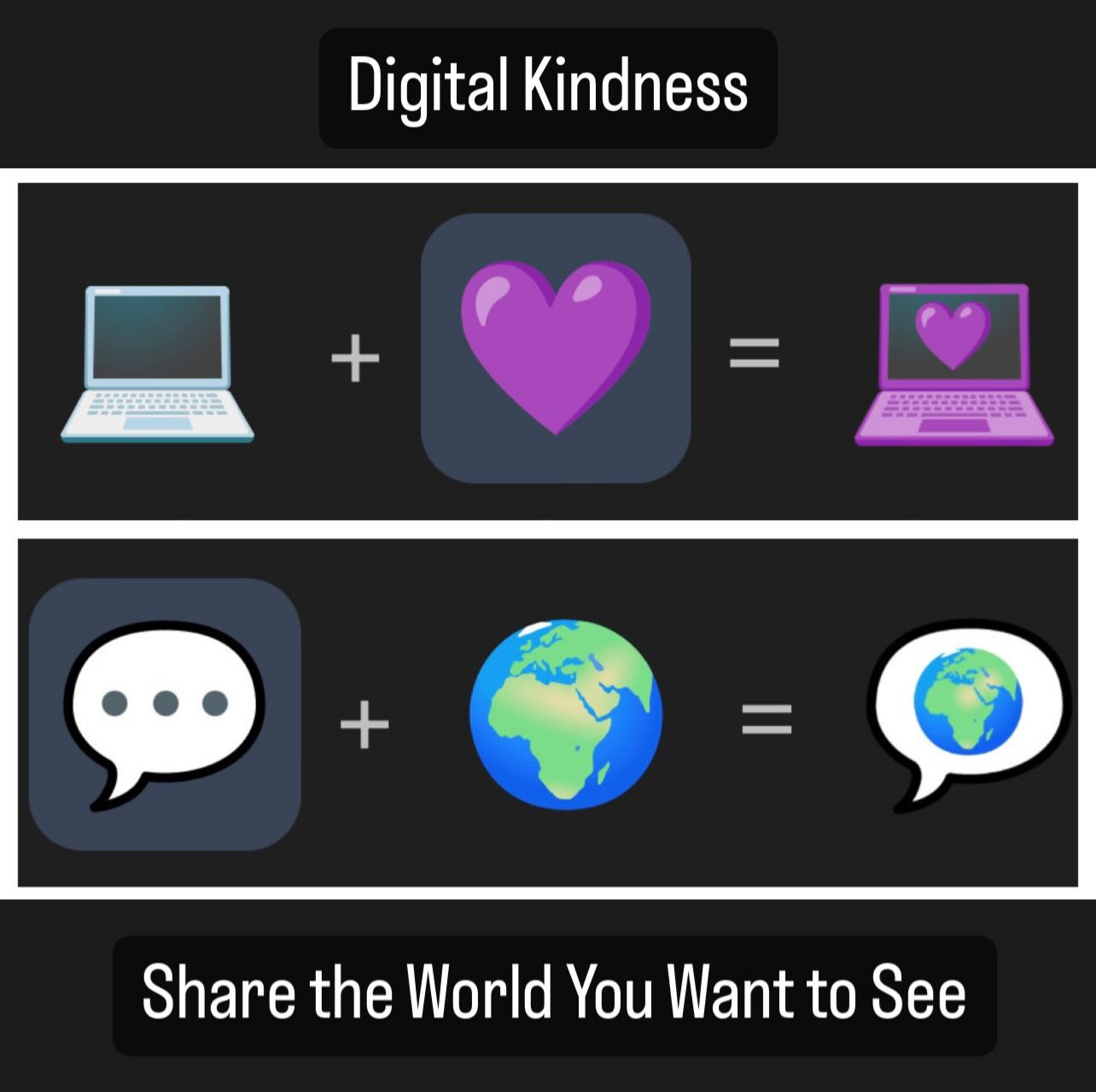The post masqueraded as dispassionate “analysis,” but was filled with factual inconsistencies (easily demonstrated by a few clicks) and suggestions of nefarious intent. It smacked of confirmation bias and a disconnect from reality.
I’d seen similar posts all over digital spaces. I intentionally follow people and accounts from a wide variety of viewpoints and experiences in order to help me (try to) understand how the world looks from different perspectives. But I didn’t personally know most of the people posting similar content. I hadn’t had deep conversations with them in the past — didn’t know pieces of their history or their heart — so I wasn’t even tempted to interact with those posts. That was content I choose to see, not content I ever intend to interact with.
This post, though, was by someone I know. A person I hold dear and whose opinions I used to hold in high esteem.
I kept going back to it. Writing draft responses. Deleting them. Checking to see how other people were interacting with the post. Looking for any sign that my contribution may be welcome by the original poster … or even someone interacting with it.
For several years now, my views have been diverging from those I used to hold in common with the original poster — views on issues that aren’t easy to “agree to disagree” on. Fundamental human rights and human dignity kind of stuff. For a long time we’d have courteous and respectful discourse in digital spaces. I don’t think we ever changed each other’s minds, but the interactions were a reminder that people we know and care about see the world differently than we do.
Slowly, however, the posted viewpoints became more extreme … or mine changed enough that I started to perceive them as extreme. They became the only thing he ever posted about. Posts about anything else other than these viewpoints disappeared from his account. No vacation photos or food photos or quirky observations about every day life to interact with beyond those opinions. I noticed that no one was responding to his posts in ways that resonated with me anymore. Comments became rhapsodies of approval and admiration. No discourse or discussion.
I realized I no longer felt welcome to contribute my views on his posts.
I’ve talked before about treating social media accounts as homes on the web to help us think through how we want to interact in digital spaces. In this situation, I no longer felt invited into this person’s digital home. I didn’t feel like a friend or neighbor who is welcome to drop by his digital space.
Technically I still have an invitation, though, so for about three days I debated commenting on the post every time new activity brought it into my feed. But the chorus of agreement in the comments only reinforced my feeling that I didn’t belong there. The space wasn’t for me. No one who shares my perspective was making their presence known. I didn’t want to barge in and face a pile-on I didn’t have the energy to manage. I didn’t want to discuss the topic with him in a forum where the presence of others would alter the tone and balance of that discussion.
The next post was even worse. A full-throated endorsement of a conspiracy theory met again with full and rhapsodic agreement in the comments. That’s when I decided that, for my own wellbeing and for the preservation of this relationship, I needed to mute digital ties for now.
I’m currently in a phase where seeing people I care about espousing dangerous falsehoods in digital spaces hurts me more than it helps expand my understanding. I’m not at risk of living in an echo chamber. I myself once identified closely with this person’s beliefs, and I follow plenty of accounts that present the world from their perspective. Seeing that perspective remains important to me, but I’ve realized I don’t want to see it from a person I value interacting with.
I reached this realization by working through two prompts from the Digital Kindness Journal I recently shared on my social media accounts …
The purpose of the Digital Kindness Journal and all of my work regarding digital spaces is helping people think through ways of using social media that feel right for them at that point in time.
Sometimes we need to see more dissenting viewpoints and perspectives in our feeds, and sometimes we need more affirmation, support, and camaraderie. Sometimes we feel compelled to interact with those who hold opposing opinions, and sometimes we only want to interact with those on similar journeys. There’s not a right answer, but it’s important to be thoughtful about the impact our social media feeds are having on us AND the impact we’d like our social media activity to have on others.
Right now, as elections loom and political content is ever present, I want to see what people from different perspectives are thinking, but I want to spend the bulk of my digital energy on connecting with and amplifying people working to co-create a world where all of us thrive.
We get to decide what we see (or don’t see) and what we do and don’t interact with. These choices shape what we and others know about the world … either buoying or drowning our optimism about building a better one together.
For now, I’m choosing the people keeping hope afloat.
What do you choose to see and not see? Does it differ from what you do and don’t interact with?
Digital Kindness Journal Prompt #12
Do you believe social media can build bridges and foster positive connections? Why or why not?
This is an interesting prompt for this newsletter, given that I just confessed to muting digital ties with someone to preserve the positive connection we have beyond digital spaces. The Digital Kindness Journal: a year of guided reflections for compassionate social media use contains 50+ prompts and a month of reflections on your social media activity to help you mindfully use it, including identifying when you want to grow or prune digital connections.
MISCELLANEA
Data doesn’t support the notion the widely accepted notion that smartphones negatively impact wellbeing. A huge study that investigated the relationship between internet use and wellbeing across a global dataset spanning 168 countries and 2,414,294 individuals from 2006 to 2021 found that a majority (84.9%) of the analytical models showed a positive association between internet connectivity and well-being. Internet access correlated with higher life satisfaction and other well-being measures across global regions. The effect was similar to the benefit associated with taking a walk in nature.
Data also doesn’t support age-based social media bans for youth, researchers say.
“Participatory democracy does not have to wait for the state to commission it - that’s kind of the point.” I love this quote from Jon Alexander, author of CITIZENS: Why the Key to Fixing Everything is All of Us. And one key way we can participate in democracy is by sharing the world we want to see in digital spaces.
This beautiful piece by Joseph Braun of Cairns, contains a passage that eloquently captures what I’m trying to get at when I say social media can help us see the world through different eyes. “[R]eading is a creative practice unto itself. In other words, it hasn’t helped me heal by filling me with new and improved perspectives, but by showing me the dimensionality of the perspective(s) with which “I” am burdened as a discrete entity in the world.”
Did you know about the Emoji Kitchen? I just learned about it (via social media, of course). Drop your fave creation in the comments. Here’s what I made …






